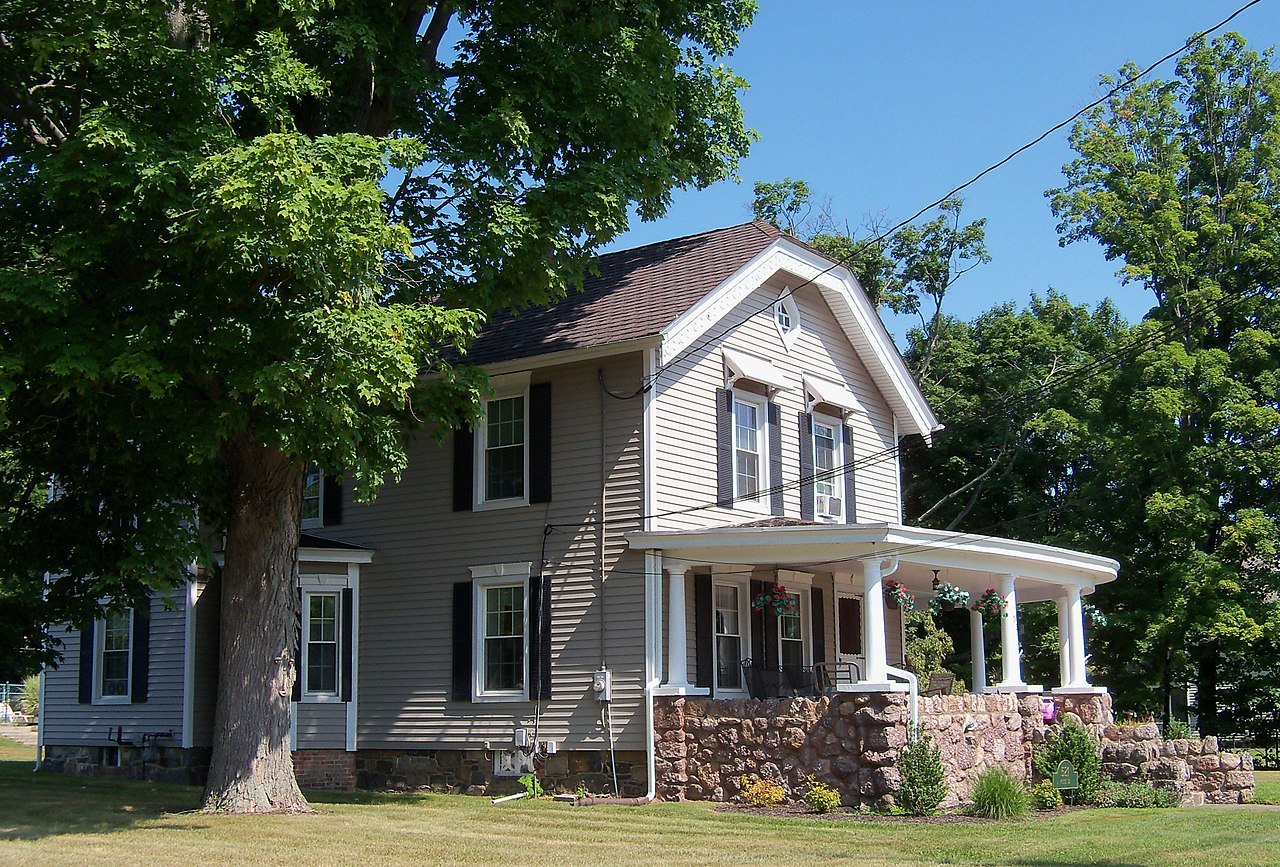Many homeowners would love to get a second chance of choosing their first home. Many have said that they wished they made wiser decisions and that there were things they ignored, which turned out to be a bigger problem further down the line, such as water damage indicative of a leaky roof. The process of purchasing your first home can prove to be an anxiety-inducing one indeed. Fortunately, we formulated a list of important things to consider when purchasing your first home.
1) Establish A Housing Budget
One of the most important things you need to do is establish a housing budget. A realistic house budget can provide you with an honest breakdown of what you can afford and how much you can afford to spend on repairs and renovation projects. Your housing budget should consist of more than just the purchase price.
Other factors that should be included are maintenance costs and homeowners association fees. The key thing to remember is that you should see if your monthly budget can cover utilities, groceries and other bills like daycare, in addition to your mortgage payment.
2) Work With A Realtor
Everyone is well aware that realtors receive a commission from the total sales price of a home. As a result of this fact, many first time home buyers avoid them to keep their overall expense at a minimum. In cases like these, buyers work directly with a listing agent. But, listing agents represent the seller and look out for their best interest. It would be more ideal for you to negotiate the sale price with your realtor because the seller is the one that has to pay the commission for a realtor, not the buyer. Besides the fact that they can negotiate a more fair price, they work with you throughout the process to ensure that your interests are protected.
3) Home Inspection
A home inspection can provide a more accurate picture of the property’s true structural and mechanical condition. The inspection can help you decide how to move forward regarding the closing process. In some instances, the inspection may reveal damages that you may ask the seller to repair, or you could ask them to reduce the purchase price.
4) Home Insurance Coverage
The amount of money you spent on your home is directly related to the amount of money you’ll have to pay for house insurance. Therefore, to ensure that you stay within the limits of your budget, you need to determine if you’ll be able to pay for homeowners insurance on top of your mortgage. As you may already know, one of the important aspects of getting a loan is that even though you have to make a down payment, since the lender is paying the rest of the money to acquire the home, they require that homeowners get insurance to provide them with peace of mind.
Most lenders will require that you get enough hazard coverage to cover your loan’s total amount. Therefore, if you acquire a $300,000 home and make a down payment of $20,000, you will need to get $270,000 in coverage.
5) Look Beyond Its Beauty
It’s common for you to come across a house which features a room that you start to fantasise about changing. You may even come across a home that you love and gravitate towards, regardless if it has issues that need to be addressed. As real estate experts highlight, it’s easy to fix a cosmetic issue such as wallpaper or paint. However, homebuyers should be aware that making changes to the bathroom and kitchen will be expensive.
People tend to focus on the cost of appliances, counters, and cabinets without factoring in labour and insurance to install them. As such, be sure that you don’t purchase a home that needs a significant fix cause it can drive your cost up considerably.
6) Check Documents
As mentioned above, a realtor can assist you in every step of the buying process. One of the most crucial things they can help you with is to analyse key documents. There are over 12 different documents you will have to analyse carefully. Some of those include:
- Preapproval letter
- Loan estimate
- Offer letter
- Purchase agreement
- Home appraisal
- Home inspection report
- Title
- Closing Disclosure
- Property Survey
7) Check And Compare Several Properties
Never make the mistake of just checking one property and deciding that it’s the dream home you’ve been waiting on. It’s highly recommended that you compare several homes’ interior and exterior portions before you make a decision.
While one property may look beautiful on the inside, it may be located far away from amenities and things like a school bus line, driving up your transportation expenses. Additionally, while some properties may be going for great rates, the surrounding area may experience high crime rates.


